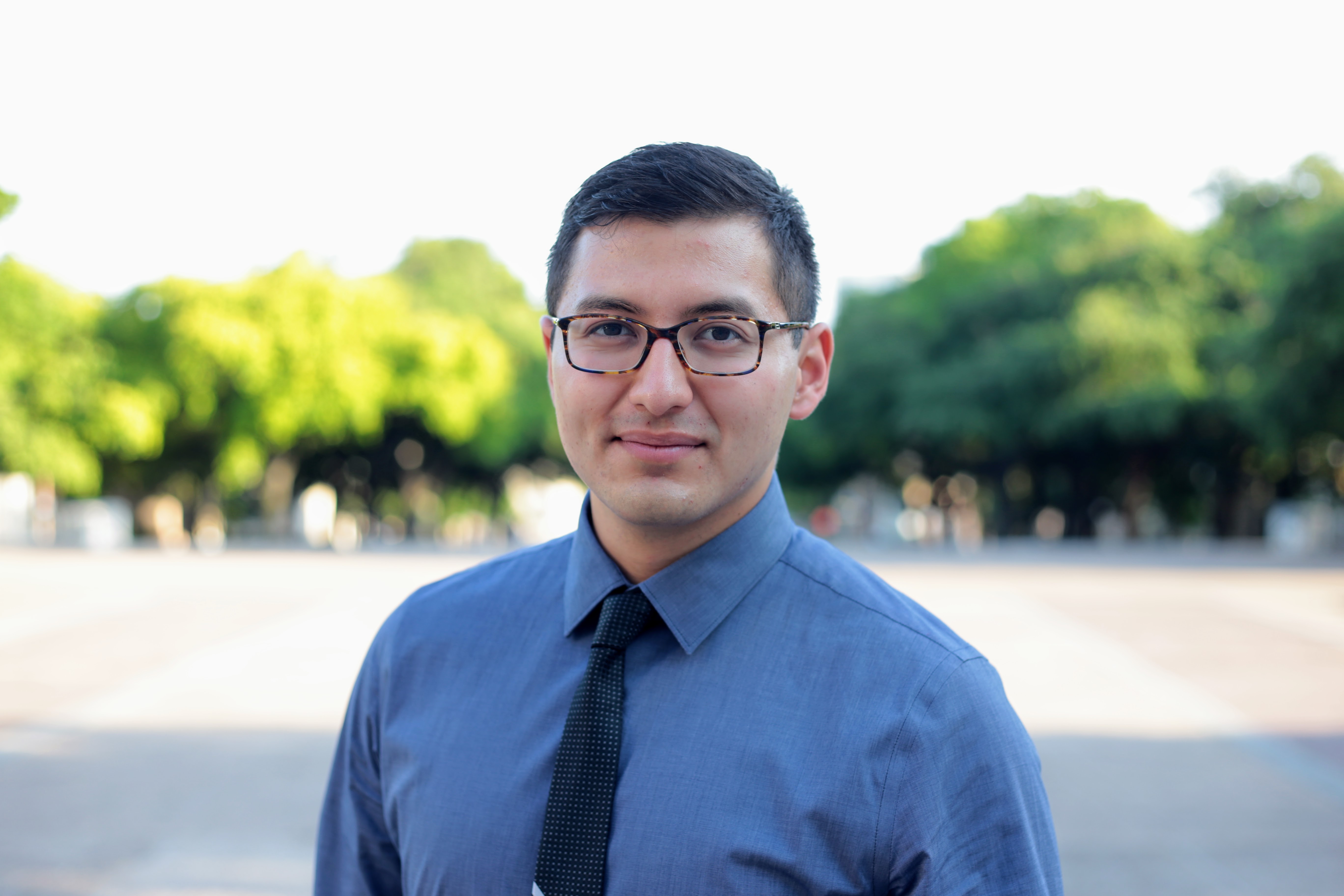Photo by Daniel Romero on Unsplash
I am a dynamic professional with a rich educational background, including a Bachelor’s in Biochemistry and a Master’s in Leadership and Change. I am pursuing a doctorate in Information Technology, focusing on implementing artificial intelligence in healthcare. My healthcare career has equipped me with invaluable insights that I am eager to apply in the tech industry. In addition to my academic achievements, I have developed proficiency in various programming languages, including Python, Java, JavaScript, Swift, R, HTML, CSS, and Scala. This technical skill set, combined with my deep understanding of healthcare operations, positions me uniquely for roles that bridge technology and healthcare. Although I am transitioning into tech without direct industry experience, my diverse expertise and passion for innovation make me a valuable candidate. I am particularly interested in opportunities in data annotation, where I can leverage my extensive skills to contribute meaningfully.
 Photo by Theresa Chiechi on The Balance
Photo by Theresa Chiechi on The Balance
I am a Bill and Melinda Gates Millennium scholar and have always been curious about the inner workings of everything around me. I graduated from an engineering magnet high school. Still, instead of going into undergrad for a subject I knew, I ran the other way into life science directly to stretch my mind into thinking in a completely new way. I am a tinkerer and always work on a project, be it arts and crafts, mechanic work on my car, electrical circuits, coding, or reorganizing. I’ve never been one to sit still. My interest in leadership began from formative experiences in sports and high school student council. I decided to study it formally to understand and utilize the soft skills of business and communication. I mainly learned that leadership breaks down into this: thinking clearly, leading yourself, leading others, and being authentic. A manager tells people what to do. A leader inspires others to do. I believe in the Behavioral, Contingency, Servant, Participative, Relationship, and Power leadership theories. But hold a special regard for transformational leadership, which I believe is what every leader should aspire to. A transformative leader changes others, and those others change them. An example would be a private lesson with a conductor as a symphony member. The conductor adjusts your playing as you practice, but in turn, the conductor learns your relationship to the music to the piece as a whole and further develops the relationship with the instrumentalist. Both are changed by the other.


In omni enim arte vel studio vel quavis scientia vel in ipsa virtute optimum quidque rarissimum est. Quod est, ut dixi, habere ea, quae secundum naturam sint, vel omnia vel plurima et maxima. Quodsi ipsam honestatem undique pertectam atque absolutam. Tecum optime, deinde etiam cum mediocri amico. Neque enim disputari sine reprehensione nec cum iracundia aut pertinacia recte disputari potest. An, partus ancillae sitne in fructu habendus, disseretur inter principes civitatis, P. Ut in geometria, prima si dederis, danda sunt omnia. Longum est enim ad omnia respondere, quae a te dicta sunt. Nam cui proposito sit conservatio sui, necesse est huic partes quoque sui caras suo genere laudabiles. Servari enim iustitia nisi a forti viro, nisi a sapiente potest.
The longer I live, the more I realize that I am never wrong about anything, and that all the pains I have so humbly taken to verify my notions have only wasted my time!
Ego quoque, inquit, didicerim libentius si quid attuleris, quam te rephenderim. Iam insipientes alios ita esse, ut nullo modo ad sapientiam possent pervenire, alios, qui possent, si id egissent, sapientiam consequi. Id quaeris, inquam, in quo, utrum respondero, verses te huc atque illuc necesse est. Sed quid ages tandem, si utilitas ab amicitia, ut fit saepe, defecerit? Sed isti ipsi, qui voluptate et dolore omnia metiuntur, nonne clamant sapienti plus semper adesse quod velit quam quod nolit? Quae quidem sapientes sequuntur duce natura tamquam videntes; Quod enim dissolutum sit, id esse sine sensu, quod autem sine sensu sit, id nihil ad nos pertinere omnino. Idne consensisse de Calatino plurimas gentis arbitramur, primarium populi fuisse, quod praestantissimus fuisset in conficiendis voluptatibus? Utram tandem linguam nescio? Quod dicit Epicurus etiam de voluptate, quae minime sint voluptates.
An, partus ancillae sitne in fructu habendus, disseretur inter principes civitatis, P. Ut in geometria, prima si dederis, danda sunt omnia. Longum est enim ad omnia respondere, quae a te dicta sunt. Nam cui proposito sit conservatio sui, necesse est huic partes quoque sui caras suo genere laudabiles. Servari enim iustitia nisi a forti viro, nisi sapiente potest. Tecum optime, deinde etiam cum.

